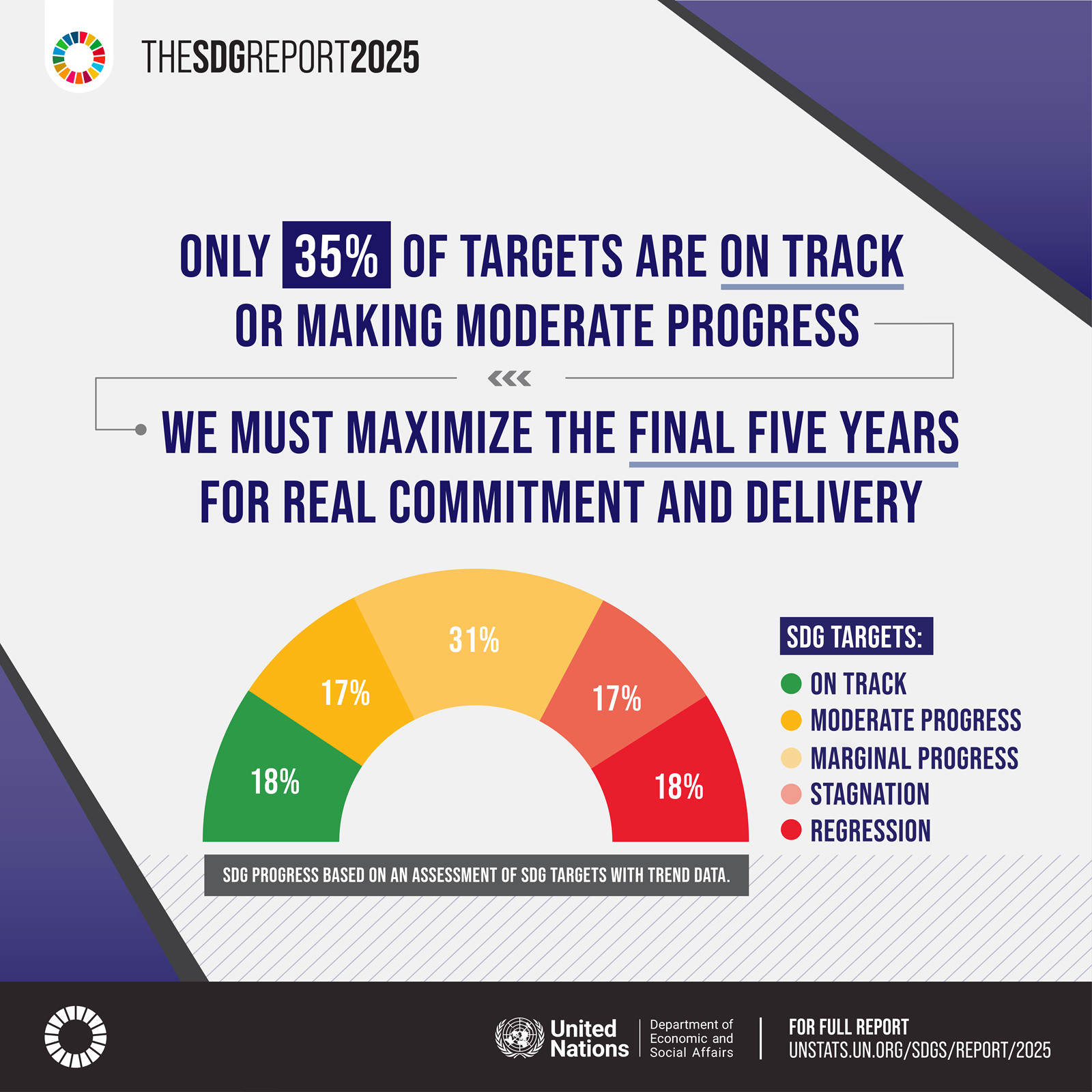The United Nations Biodiversity Conference with decision makers from more than 190
countries that
includes the fourteenth meeting of the Conference of the Parties (COP
14) will take place 17 – 29 November 2018 in Sharm el-Sheikh, Egypt. Under the theme “Investing in biodiversity for people and planet”, Governments will work to step up efforts to halt the biodiversity loss and protect the ecosystems that support food and water security and health for billions of people.
At this Conference, Parties to the Convention on Biodiversity (CBD) will discuss efforts needed to achieve the Aichi Biodiversity Targets as well as lay the groundwork for the process of developing the successor of the current Global Strategic Plan for Biodiversity 2011-2020. COP 14 will also include an innovative discussion on mainstreaming biodiversity into five core sectors of the economy – infrastructure, mining, energy and gas, manufacturing, and health.
Biodiversity and climate change will also be discussed. The conference will of course also look at the important question of protected areas both on land and sea, and other measures for enhanced conservation and management of biodiversity. Delegates will continue long-standing discussions on ecologically or biologically significant marine areas.
Parties to the Convention will also have important policy discussions on a variety of thematic and cross-cutting issues that will set global and national policy directions for the protection of biodiversity.
Ahead of this Conference, the latest edition of WWF’s Living Planet Report painted an alarming picture of the state of the planet. Global wildlife populations have declined, on average, by 60 per cent in little over 40 years largely due to threats and pressures linked to human activity. In the past 30 to 50 years, we have lost 20 percent of the Amazon, almost half of the world’s coral reefs, and 30 to 50 percent of the world’s mangroves.
WWF International's Director General - Dr. Marco Lambertini while sharing on a Thomas Reuters blog (Executive Perspectives) titled: It’s time for a New Deal for Nature and People notes that, 'Mankind is single handedly changing the face – and fate – of our ‘living planet’. And as we do so, we are failing to see that the flashing red lights of nature’s SOS are a warning sign for our own future as well.'
He adds that 'nature is the lifeline for the 7.6 billion people inhabiting planet Earth, providing the food we eat, the water we drink and the air we breathe. It’s the source for countless products and services including medicines and raw materials for our homes and industries. Beyond the beauty and inspiration, nature provides services worth around US$125 trillion a year.'
Dr. Lambertini sounds a warning for the attention of COP14 that ' While nature is in crisis and we continue to take it for granted as we have always done. It is time we answer nature’s SOS.
At this Conference, Parties to the Convention on Biodiversity (CBD) will discuss efforts needed to achieve the Aichi Biodiversity Targets as well as lay the groundwork for the process of developing the successor of the current Global Strategic Plan for Biodiversity 2011-2020. COP 14 will also include an innovative discussion on mainstreaming biodiversity into five core sectors of the economy – infrastructure, mining, energy and gas, manufacturing, and health.
Biodiversity and climate change will also be discussed. The conference will of course also look at the important question of protected areas both on land and sea, and other measures for enhanced conservation and management of biodiversity. Delegates will continue long-standing discussions on ecologically or biologically significant marine areas.
Parties to the Convention will also have important policy discussions on a variety of thematic and cross-cutting issues that will set global and national policy directions for the protection of biodiversity.
Ahead of this Conference, the latest edition of WWF’s Living Planet Report painted an alarming picture of the state of the planet. Global wildlife populations have declined, on average, by 60 per cent in little over 40 years largely due to threats and pressures linked to human activity. In the past 30 to 50 years, we have lost 20 percent of the Amazon, almost half of the world’s coral reefs, and 30 to 50 percent of the world’s mangroves.
WWF International's Director General - Dr. Marco Lambertini while sharing on a Thomas Reuters blog (Executive Perspectives) titled: It’s time for a New Deal for Nature and People notes that, 'Mankind is single handedly changing the face – and fate – of our ‘living planet’. And as we do so, we are failing to see that the flashing red lights of nature’s SOS are a warning sign for our own future as well.'
He adds that 'nature is the lifeline for the 7.6 billion people inhabiting planet Earth, providing the food we eat, the water we drink and the air we breathe. It’s the source for countless products and services including medicines and raw materials for our homes and industries. Beyond the beauty and inspiration, nature provides services worth around US$125 trillion a year.'
Dr. Lambertini sounds a warning for the attention of COP14 that ' While nature is in crisis and we continue to take it for granted as we have always done. It is time we answer nature’s SOS.
He adds that there is no time to lose, as we have two years to work across actors, sectors and borders to seal a
‘New Deal for Nature and People’ that redefines how we value nature and
ensures we safeguard biodiversity and the health of the planetary
ecosystems.
